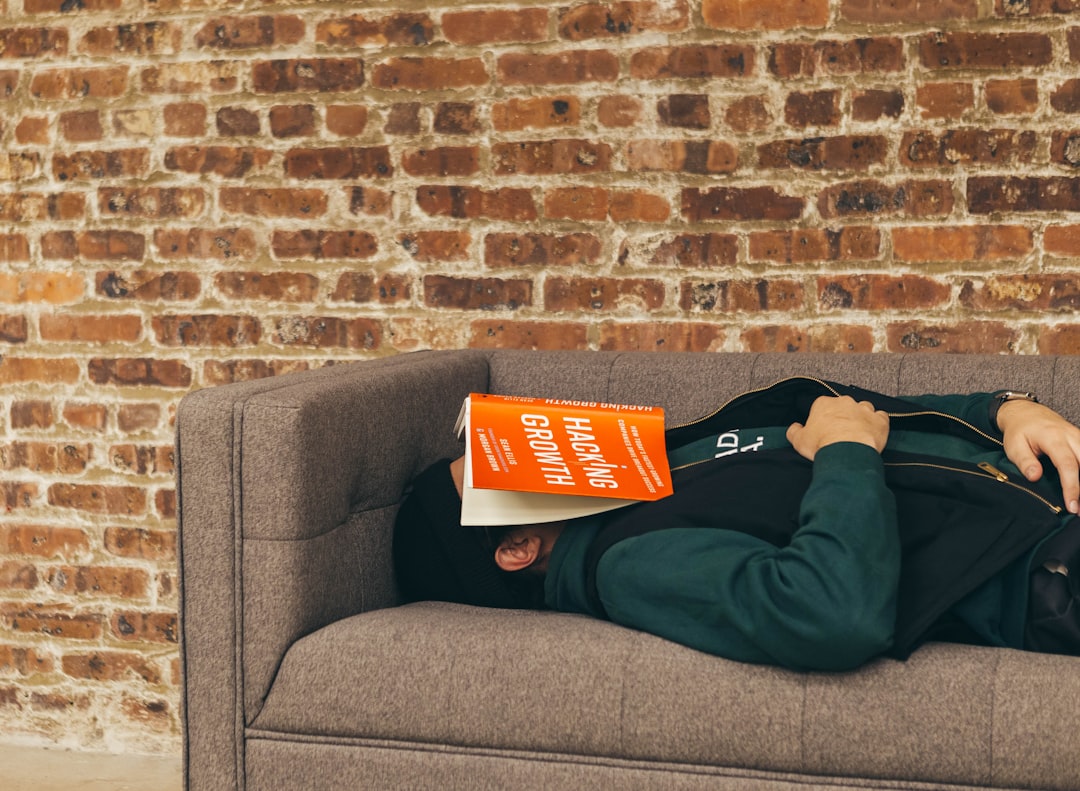Too much time on their hands
One of education's latest "innovations" is at cross-purposes with the needs of today's adolescents.
Originally published in the Moultrie News.
My son’s high school has something called Independent Learning Time this year. Is this another fad? Will it help students?
Yes, it’s another fad that is unlikely to help your child.
Independent Learning Time (ILT) is often (but not always) embedded within another fad—the Flex-Mod schedule. Flex-Mod adherents undoubtedly have good intentions; I’ve just never been able to determine what they are. Flex-Mod guru Luke Camp, a principal in Lexington, SC, says something about wanting students to “develop skills such as time management, collaboration, and independent decision making.” I find no mention of it developing skills such as reading, writing, and arithmetic.
I could explain Flex-Mod to you, but since I barely understand it myself, let’s stick to its spawn, ILT.
ILT is basically student free time. And when I say “free,” I mean free. In the schools I’ve reviewed, students can go just about anywhere and do just about anything during ILT.
Some students may go to the library. Others prefer lounging in the hallways, going to the gym, or taking a nap. Ideally, they would collaborate with classmates or meet with teachers for extra help. Unfortunately, their ILT may not overlap with the necessary classmates, and the teachers they need may be engaged in teaching, planning, or meetings.
Of course, none but those enrolled in the highest level classes even theoretically need the time for extra help or study. Regular courses have become so diluted that there are often no outside-class requirements at all.
ILT is not like old-fashioned study halls. With study halls, students were assigned to specific classrooms supervised by specific teachers.
Implementation varies, but in the schools I’ve reviewed, ILT students aren’t supervised by anybody. There’s nominal talk about staff members eyeballing the places where kids are likely to congregate, but that’s more legend than reality. This is one of a few crimson flags that might alarm parents.
Another is that it can be a lot of free time. Some students may only have a period, but others can have over three hours of ILT. Link that with homeroom, SEL periods, lunch, and transition time, and some students are spending more than half the day learning nothing academic.
A lot of adolescents use their free time exactly the way you’d expect them to: unwisely. ILT advocates seem to confuse kids “having” free time with “learning to manage” free time.” But who helps them do that?
As a result, if you were to stroll invisibly through some schools with ILT, you’d see kids glued to their phones, playing video games, and sleeping. Some kids you wouldn’t see at all; due to ILT’s lack of accountability, kids often go AWOL. You’d also see a scary number of illicit acts, particularly in restrooms, stairwells, and dark corners. The adage, “Idle hands are the devil’s playground,” is especially true of adolescents.
ILT advocates should learn the art of reading a room. The entire concept of ILT is at cross-purposes with the needs of today’s adolescents. They’re doing more drugs, suffering from more depression, and engaging in more violence. They are more addicted to screens, commit more bullying, and experience more sexual aggression. They’re also learning less than ever. All these ills are exacerbated by unregulated free time. Kids need more structure—not less—and those who have it thrive on it.
Instead, we continue our 21st-century slouch toward a sloppy, half-hearted education for all but the elite. Today’s high schools make “Saved by the Bell” look like West Point: kids come to school in sweats and pajamas and spend half their time lounging in corridors and filming TikToks. They’re assigned nothing to read and given little to study. Their eyes are fixed on screens. Their ears are clogged with air pods. They are allowed to turn in assignments whenever they want and retake tests whenever they fail. No one holds them accountable for learning, work ethic, character, or behavior.
This is not a healthy place for a country’s youth to be, and it is all thanks to us, the adults.
But what do I know? Maybe what kids really need to make it all better is more free time in school.
Read the original column here.



Ugh.